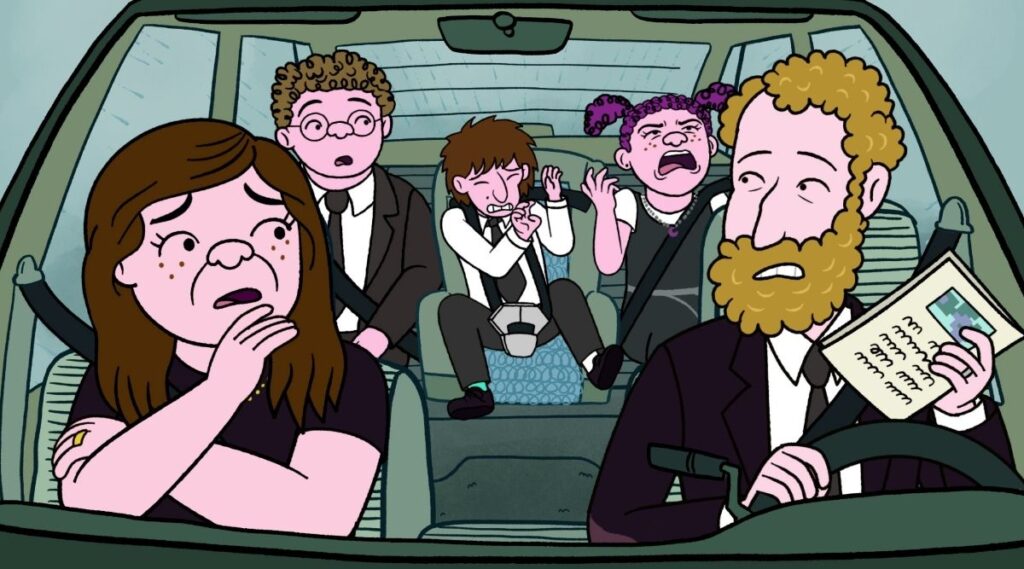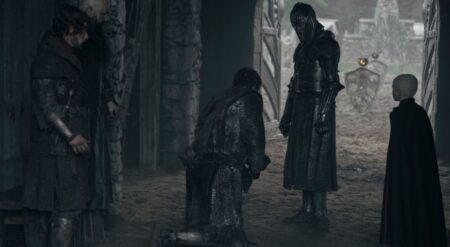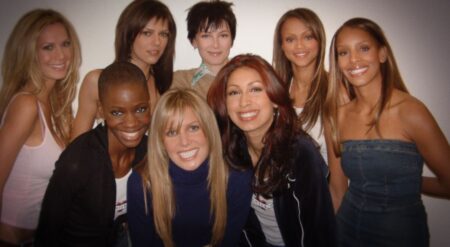Long Story Short is Raphael Bob-Waksberg’s (BoJack Horseman) latest Netflix animated comedy series. Directed by Bob-Waksberg with art by Lisa Hanawalt, the cast includes Abbi Jacobson, Ben Feldman, and Max Greenfield, who voice the Schwooper siblings alongside Lisa Edelstein and Paul Reiser, who voice their parents, Naomi and Elliot. The main cast is also supported by Angelique Cabral, Nicole Byer, and Dave Franco.
Long Story Short follows the Schwooper siblings Avi, Shira, Yoshi, and their parents, Naomi Schwartz and Elliot Cooper. Over several decades, the shared history of this dysfunctional family, including its inside jokes, trauma, and deep emotional wounds, is explored from various perspectives.
The show’s nonlinear storytelling format grips the audience’s attention as it jumps from different periods. Some viewers may prefer a traditional linear storytelling formula, but the nonlinear model works best for this show. It lets the audience engage and understand each character and story from different perspectives.
BoJack Horseman creator Raphael Bob-Waksberg’s Long Story Short is raw and relatable.
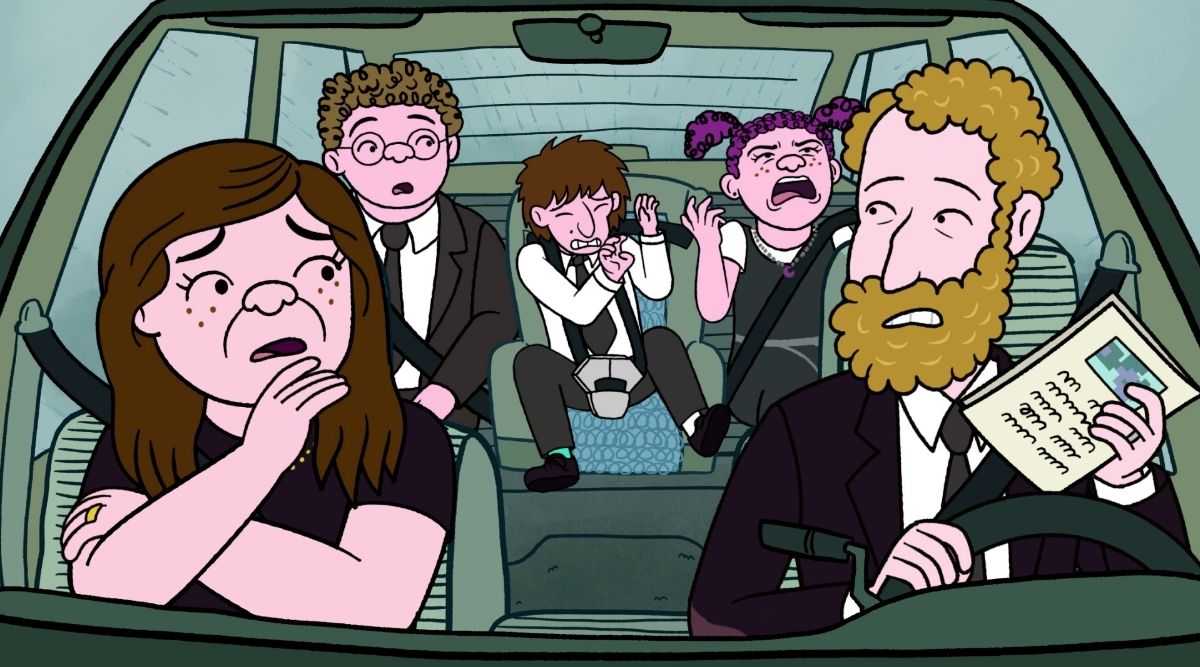
Each episode focuses on one or a few characters at a time, skipping from childhood, adulthood, and all the messy years in between. One moment, the show centers on the Swhooper kids bickering in their parents’ car. Next, we see how their childhood dynamics and personalities manifested over the years and impacted their relationships, and how they even raise their own families.
Long Story Short’s raw emotional core is its greatest strength. The relatable storytelling and multidimensional characters truly capture the triumphs, stumbles, and complexities that ultimately not only define one person but a family. Long Story Short is one of those shows that come along and has the potential to open up one’s worldview. Specifically, the way we see ourselves and our families.
Growing up within a family unit, everyone’s experience is unique but also very limited. As people age, these family relationships and dynamics can shift, evolve, and gain a deeper understanding with maturity and hindsight. Long Story Short illustrates this beautifully, primarily through Shira and her mother, Naomi. As the only daughter and middle child of the Schwooper family, Shira often feels crushed under her mother’s controlling nature and constant criticism.
Long Story Short effectively navigates strained relationships, faith, and heritage.
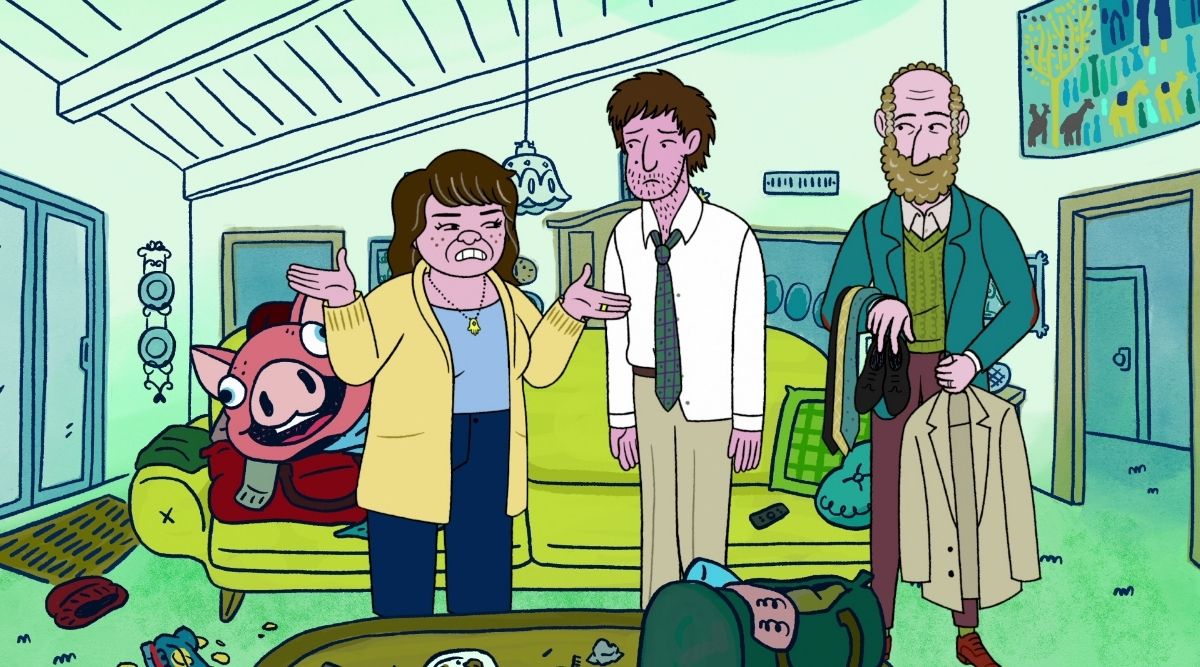
Naomi and Shira’s relationship has always been strained, even hurtful sometimes. But the show reminds us that just as Shira longs to be understood, she may have never fully understood her mother. One of the most touching examples of this comes in Episode 4, when Shira attempts to cook knishes to make a good impression at a school potluck.
Shira, not the best cook, struggles to replicate the dish until she looks at her mother’s recipe notes. It is revealed that her mother always added an extra ingredient just for Shira’s taste, knowing the dish was her favorite. It’s a quiet but powerful moment that not only helps to reframe and deepen Shira’s relationship and feelings towards her mom, but also shows that love and understanding can still exist even within conflict and misunderstanding.
Besides Shira and Naomi, the show makes an honest effort to give equal attention and development to the other main characters. For example, the oldest son, Avi’s character arc, repeatedly grapples with his complex feelings towards his Jewish faith, heritage, and relationships with his mother throughout the season. On the other hand, Yoshi, the youngest son, faces challenges that his siblings can’t relate to, showing that being the “baby” of a family does not mean being exempt from hardship.
The supporting characters of Long Story Short get arcs as meaningful as the main characters.
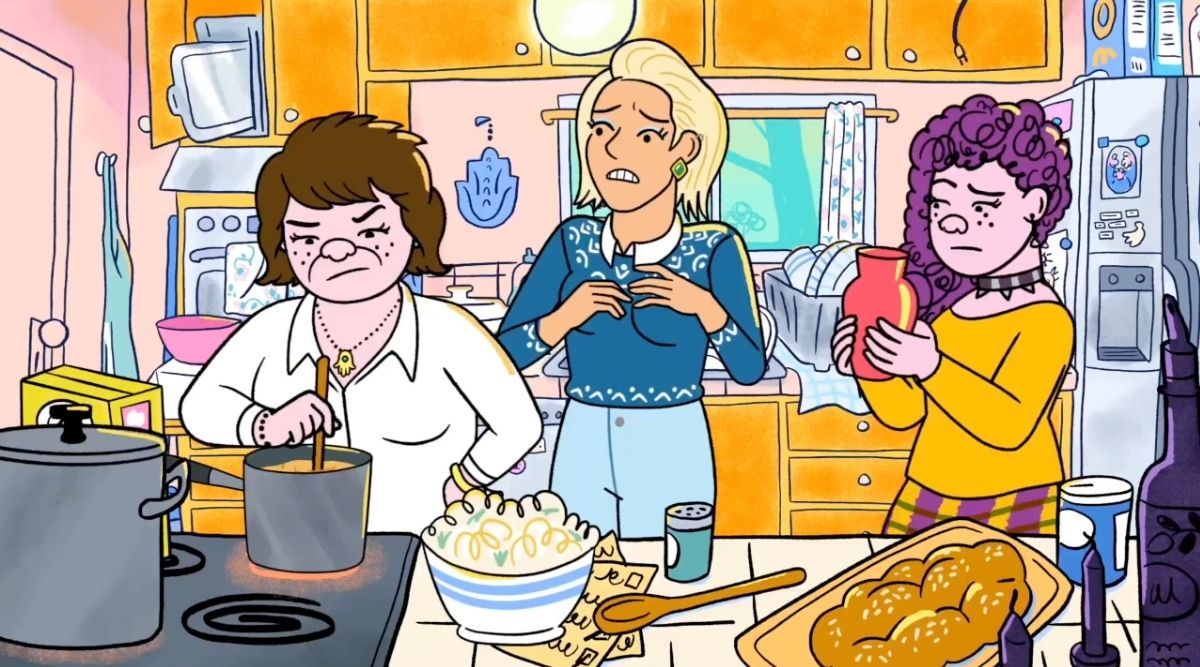
Supporting characters also get meaningful exploration. An entire episode is dedicated to Shira’s wife, Kendra (voiced by Byer), which touches on work-life balance and explains how she found her way to Judaism. One minor critique is that the series did not explore much of Naomi and Elliot’s early years together. An episode devoted to their courtship and falling in love would have added depth to those characters’ story.
Elliot’s childhood and background, in particular, are not explored much; they are just briefly mentioned. If there is a second season, seeing more about Elliot’s life before becoming a husband and father would be interesting. The show’s art style is vibrant and exaggerated in the best way.
Long Story Short is at its best when it leans more wacky and absurd comedic nature, reflecting the characters’ chaotic and overdramatic energy, like when Yoshi’s naivety leads to misadventures with an exploding mattress scam. Or Avi’s daughter’s school is becoming overrun with literal wolves, but no one seems to be shocked and concerned about the problem.
These events are prime examples of how the show willfully bends and suspends reality for laughs without the need for real-life consequences. The level of absurdity works in Long Story Short because it reflects the unpredictable and ridiculous parts of family life.
Authentic emotions are just as important to Long Story Short as chaotic hijinks.
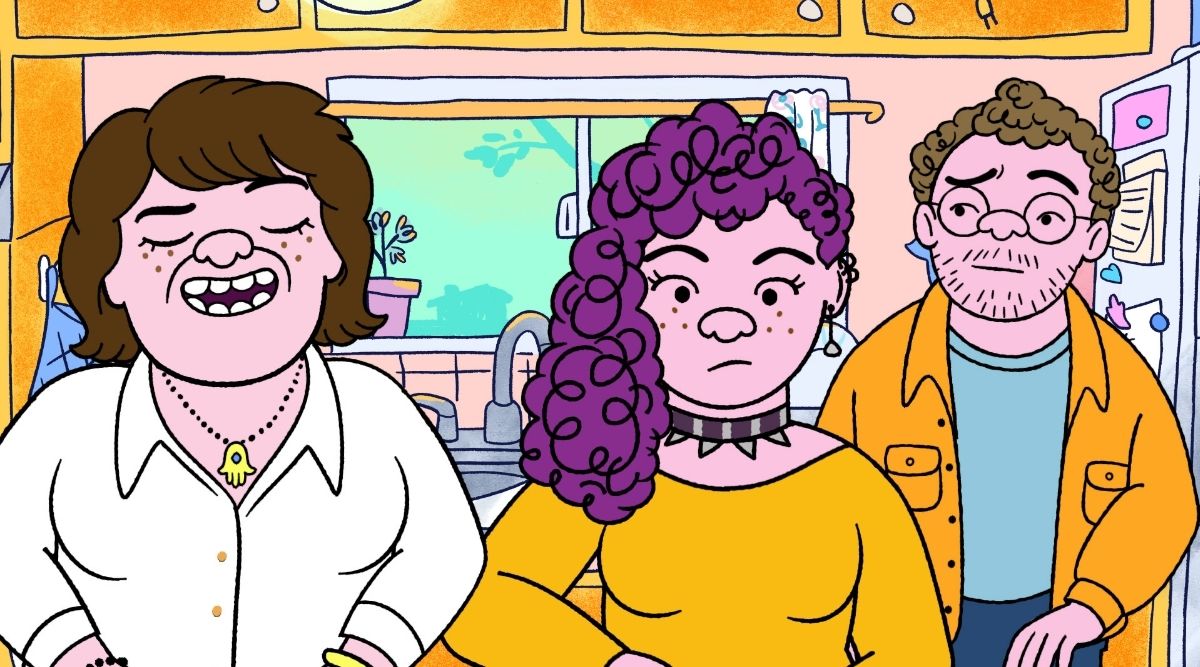
Long Story Short is more than just wacky misadventures and chaotic hijinks. When the heavier, more serious, or sincere moments come, it knows how to balance and ground the story to feel authentic and more human. For example, when we see Avi sitting in his car, we internally reflect on his complicated relationship with his faith and heritage and how that may be affecting his daughter.
Moments like these in the show are quiet and powerful in touching on family issues. The show’s ability to shift between surreal comedy and emotional authenticity makes it so good. Long Story Short, at its heart, is a poignant, deeply human series about the highs and lows of being in and part of a family.
For all of the show’s wackiness and wit, Long Story Short doesn’t shy away from heavier themes like religion, family planning, emotional manipulation, and trauma, all of which are explored thoughtfully. The show also captures the joys, drama, and little quiet moments that can define a family.
Long Story Short reminds us that everyone’s story is layered and that love can still exist between conflict, misunderstanding, and forgiveness.
Long Story Short premieres exclusively on Netflix August 22.
Long Story Short
-
Rating - 8/108/10
TL;DR
Long Story Short reminds us that everyone’s story is layered and that love can still exist between conflict, misunderstanding, and forgiveness.

